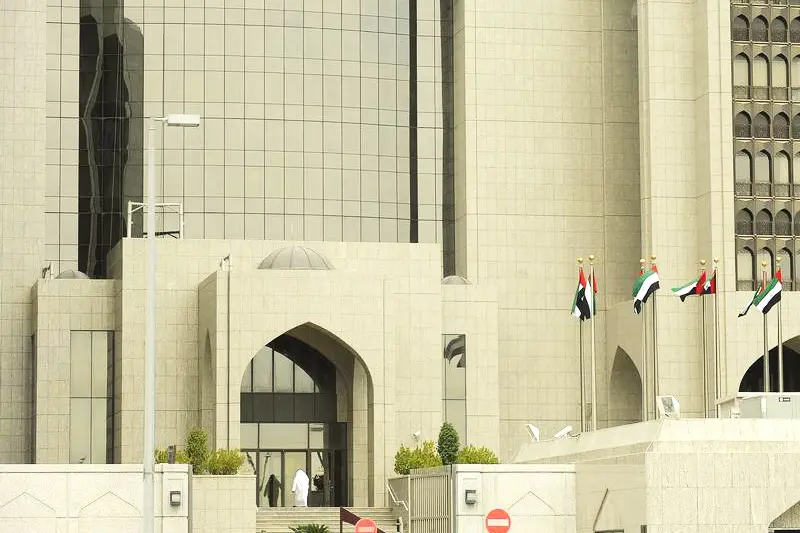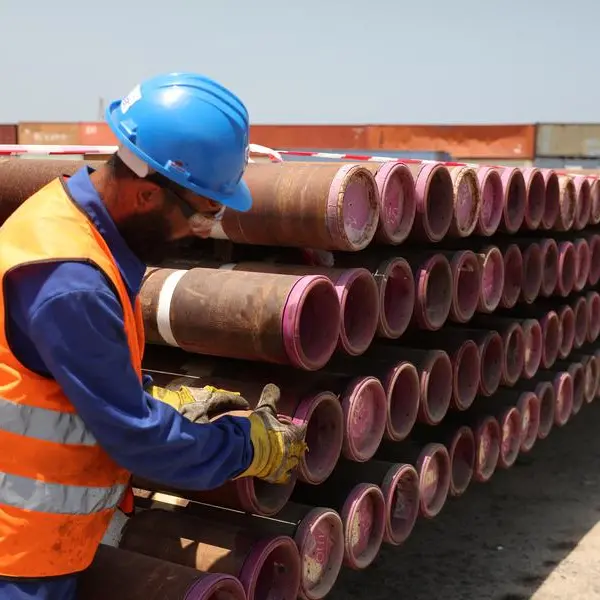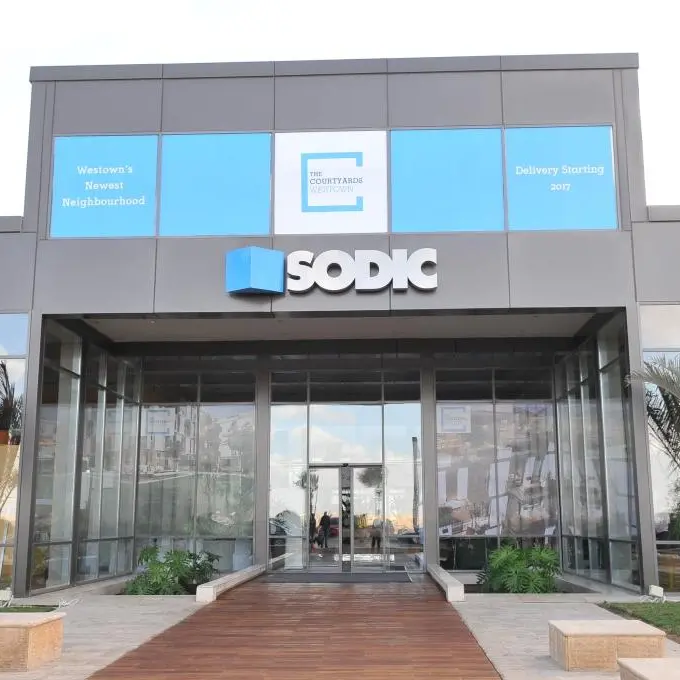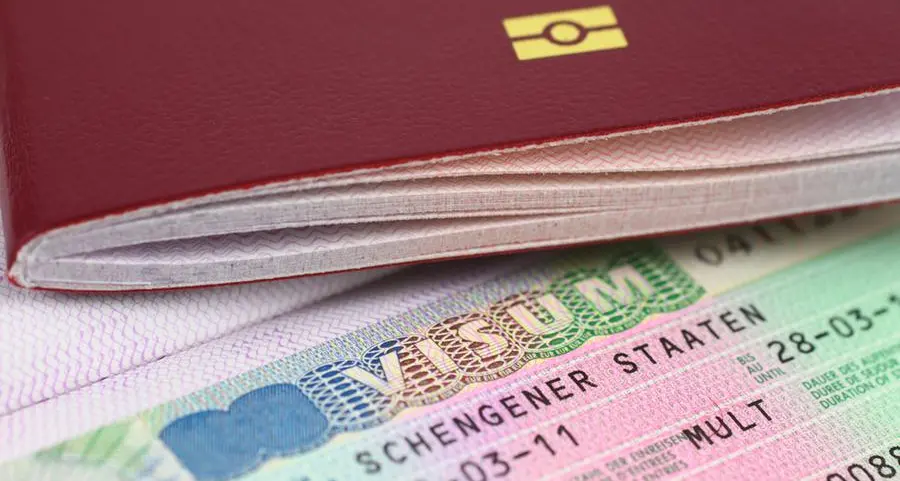PHOTO
On March 1, the apex bank advised UAE-based lenders and finance companies to implement measures to mitigate the economic effects of the global coronavirus outbreak. The measures include re-scheduling loan contracts, temporary deferrals on monthly loan payments, and reducing fees and commissions for affected customers.
"The guidance will support the economy amid the coronavirus outbreak and contain contingent liability risk for the government by preventing potential liquidity challenges from turning into solvency issues for some UAE private sector and government-related entities. For banks, however, the guidance is credit negative because it will lower system-wide transparency of banks' asset quality if sustained over the long term," Moody's Investors service said in a report.
Analysts at the ratings agency said the measures in the central bank's guidance would reduce banks' immediate recognition of problem loans arising from coronavirus-related disruptions. "If the measure remains in place long term, it would lower transparency about problem loans in the banking system and reduce forecasting visibility."
While a sustained increase in restructured exposures would limit reported problem loan formation, it will increase potential problem loan formation.
The report said coronavirus would likely lead to a broad-based shock to the UAE's economy by negatively affecting its key non-oil sectors - tourism, transportation, trade and real estate.
"Travel bans to and from affected areas will negatively affect tourism, hospitality and transportation, as will reduced demand from the curtailment of non-essential travel and other measures," it said.
Trade is also exposed as the UAE's largest non-oil trading partner is China, and almost all of the UAE's imported goods from China are intermediate and finished goods that have a high risk of being affected by disruptions in China's factory output and goods storage, Moody's noted.
"The UAE is also a global trade hub exposed to any adverse effect on global growth from an extended coronavirus outbreak. Sectors that rely on positive investor and consumer sentiment such as real estate, and consequently the construction and contracting sectors, would be materially affected should the situation prove prolonged. We expect borrowers in the tourism, transportation, trade and real estate sectors to be the most affected by the coronavirus outbreak," said the report.
The busiest sectors
As of December 2019, credit to the wholesale and retail trade sector accounted for 9 per cent of the system-wide loan book, while credit to the transport, storage and communication sectors was 5 per cent.
Lending to the construction and real estate sectors, which includes exposure to the hospitality segment, comprised 19 per cent of total loans.
When the UAE economy contracted by 5.2 per cent during the 2009 global downturn, the real estate and business services sector declined by 21 per cent, the construction sector declined by eight per cent and the manufacturing sector declined by 21 per cent.
These volatile sectors became key drivers of a material increase in problem loans.
Moody's pointed out that in the UAE, systemwide problem loans were 4.6 per cent of gross loans as of June 2019, while unimpaired loans that have significantly increased credit risk (classified in the Stage 2 bucket under IFRS9) were around 6 per cent of gross loans at year-end 2018.
"If, as we expect, UAE banks' asset quality weakens as a result of the coronavirus outbreak, it will exacerbate ongoing deterioration in banks' asset quality," it said.













